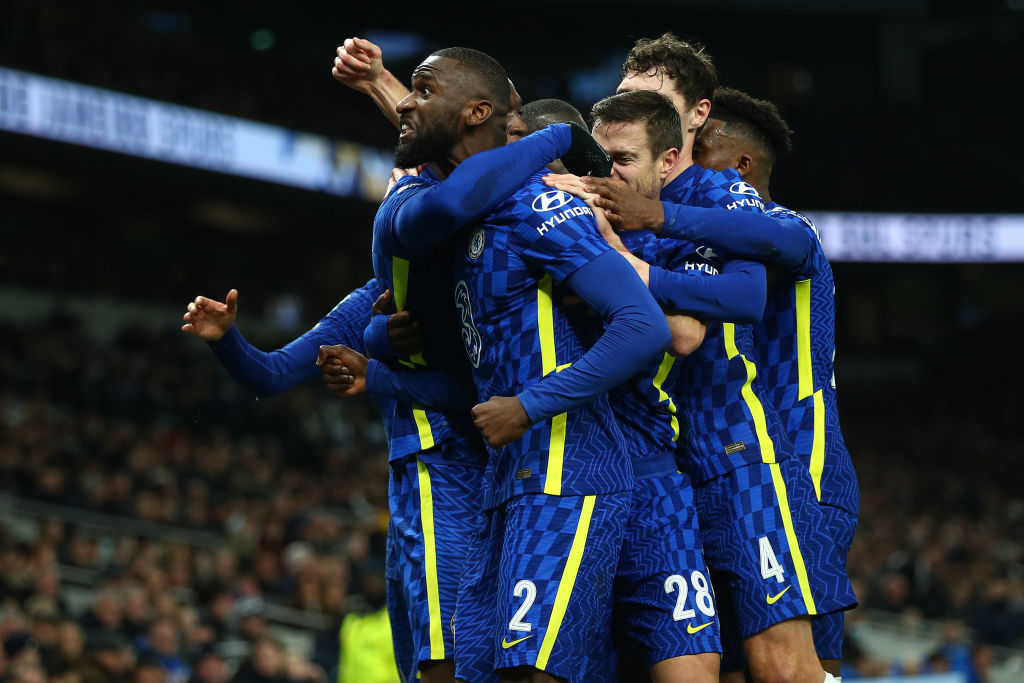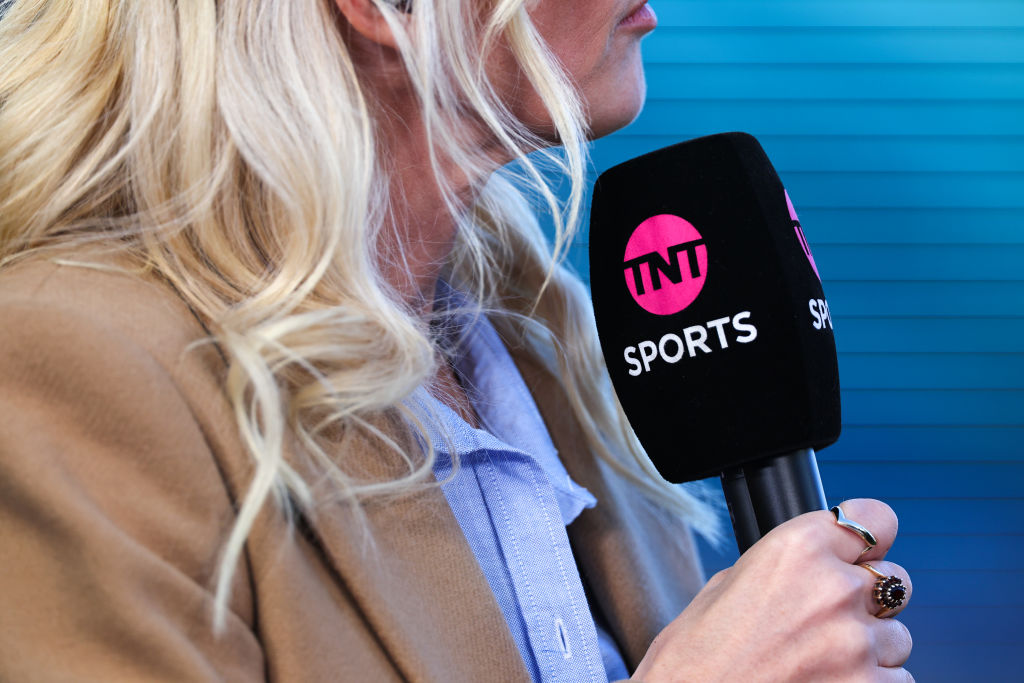Why Chelsea can't seem to win the Premier League – but are more suited to European success
It's five years since Chelsea's last title – but why the Blues don't look like lifting another one soon, despite success in every other competition?

The best features, fun and footballing quizzes, straight to your inbox every week.
You are now subscribed
Your newsletter sign-up was successful
Want to add more newsletters?

Five times a week
FourFourTwo Daily
Fantastic football content straight to your inbox! From the latest transfer news, quizzes, videos, features and interviews with the biggest names in the game, plus lots more.

Once a week
...And it’s LIVE!
Sign up to our FREE live football newsletter, tracking all of the biggest games available to watch on the device of your choice. Never miss a kick-off!
Join the club
Get full access to premium articles, exclusive features and a growing list of member rewards.
Cesc Fabregas had already sworn on television before Diego Costa and David Luiz curtailed Antonio Conte’s press conference at the Hawthorns to grab him to join in the celebrations. Chelsea had won their fifth Premier League title in 13 seasons and, as the cast list from 2017 demonstrates, it was a different era.
The fifth anniversary will fall in May. If Thomas Tuchel’s team lift the World Club Cup and the Carabao Cup before then, Chelsea will have won every other conceivable honour – the Champions League, the Europa League, the Super Cup, the FA Cup – bar the Community Shield in the intervening period.
But barring a comeback to challenge Manchester City, they will not have sustained a title challenge since then.
They have begun in auspicious fashion. Chelsea have topped the table under Maurizio Sarri, Frank Lampard and Tuchel; indeed, they have led in December in both last season and this. Yet their ambitions often unravel in December and January and they have finished 30, 26, 33 and 19 points behind. Now the gap to City stands at 10 points and it could be 16 before Chelsea play again. Even that feels an improvement, given the last four years brought a combined difference of 108 points to the various champions and an average deficit of 27.
That only City have claimed more silverware in that time, and that Chelsea have denied Pep Guardiola’s team the prize they wanted most last summer in Porto, illustrates that the Londoners have been remarkably successful by most markers. They retain a winning habit. There was something intimidatingly formidable about the way they progressed to Champions League glory last season, shutting everyone out with remarkable efficiency as they only conceded two goals, one so late it was irrelevant, in the knockout stages. Their ability to win two-legged ties and one-off games is enviable. And yet it may suggest that Chelsea are, as they were before Roman Abramovich’s arrival, a cup team now.
Tuchel felt they were fourth favourites at the start of the season and has appeared irritated that others expected more of Chelsea. Maybe the eventual table will vindicate him. The current standings suggest there is a different way of succeeding.
The top two have won all four titles since Conte’s 2017 success. Their managers were recruited before Conte joined Chelsea, let alone Tottenham. With Jurgen Klopp and Pep Guardiola, Liverpool and City are continuity clubs. Chelsea, on their fourth manager in under four years, have institutionalised instability.
The best features, fun and footballing quizzes, straight to your inbox every week.
Perhaps it can spur teams into a kind of immediate success, but not with the sustained planning needed to prosper over 38 games now. An alternative explanation is simply that Guardiola and Klopp raised the bar in seasons when the champions got 100, 98 and 99 points (followed by 86, but City eased up in the final weeks). Now City are on course for 94.
Yet while Conte’s Chelsea reached 93, none of their successors have yet topped 72; four of Chelsea’s seven lowest points tallies in the Abramovich era have come in the last four seasons. They have slipped off the pace at a time when it has grown quicker.
For much of that time, Chelsea’s managers have paled in comparison with Klopp and Guardiola: Conte spent his second season at war with the club, Sarri was a misfit, Lampard a relative rookie. Last season, Tuchel took charge when their title chances had gone.
Chelsea can reflect on a different kind of personnel problems. While City and Liverpool have had very high strike rates in the transfer market, Chelsea’s record is more mixed. They were held back by a one-year ban on buying. Conte may argue their problems began before then with the summer of 2017 which, with the notable exception of Antonio Rudiger, felt disastrous as Danny Drinkwater, Alvaro Morata, Tiemoue Bakayoko and Davide Zappacosta arrived.
Chelsea’s subsequent business has still involved some inspired acquisitions, such as Thiago Silva and Edouard Mendy, and others who came good after awkward starts, in Jorginho and Mateo Kovacic, but a club indelibly associated with spending are now sustained in part by youth-team products and in part by the last stalwarts of Conte’s champions, in N’Golo Kante and Cesar Azpilicueta.
Meanwhile, there is a host of big buys, from Kepa Arrizabalaga to Romelu Lukaku via Timo Werner and Kai Havertz, who have only delivered infrequently. Perhaps Havertz, the scorer of the Champions League final decider but of only six Premier League goals, is the personification of the new Chelsea, the winning machine who reserve their ruthlessness for the cup competitions, the team who can conquer Europe but not England.
Richard Jolly also writes for the National, the Guardian, the Observer, the Straits Times, the Independent, Sporting Life, Football 365 and the Blizzard. He has written for the FourFourTwo website since 2018 and for the magazine in the 1990s and the 2020s, but not in between. He has covered 1500+ games and remembers a disturbing number of the 0-0 draws.
 Join The Club
Join The Club











